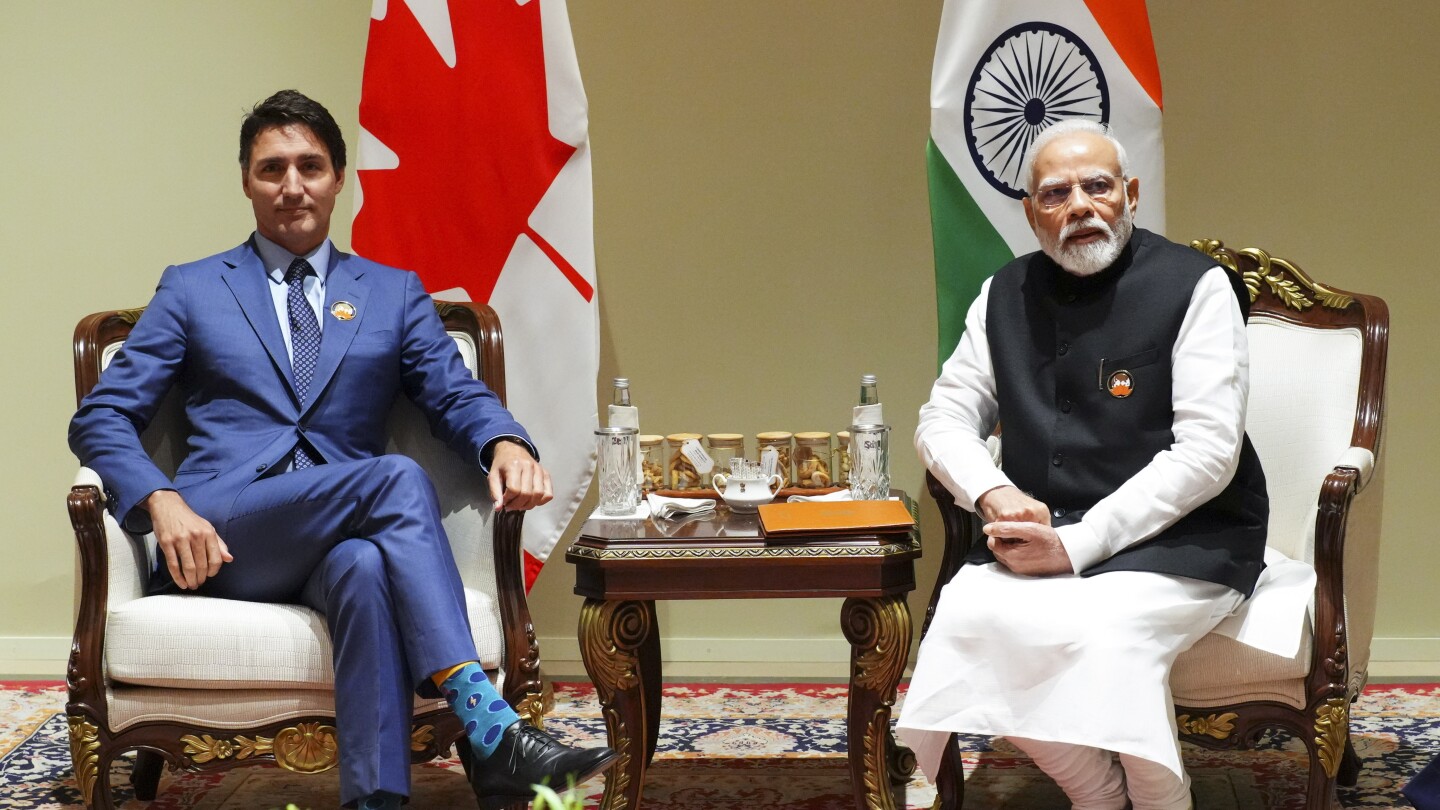The Biden administration is nervously watching a dispute between Canada and India, with some officials concerned it could upend the U.S. strategy toward the Indo-Pacific that is directed at blunting China’s influence there and elsewhere.
Publicly, the administration has maintained that Canadian Prime Minister Justin Trudeau’s allegations that the Indian government may have been involved in the killing of a Sikh separatist near Vancouver are a matter between the two countries.
But U.S. officials have also repeatedly urged India to cooperate in the investigation. Those calls have been ignored thus far by India, which denies the allegations.
Behind the scenes, U.S. officials say they believe Trudeau’s claims are true. And they are worried that Indian Prime Minister Narendra Modi may be adopting tactics to silence opposition figures on foreign soil akin to those used by Russia, Iran, Saudi Arabia and North Korea, all of which have faced similar accusations.



Because like everything relationships are temporary from both sides. US will turn on India at a heartbeat if it can get Pakistan out from the clutches of china. It is easier to control Pakistan since it is a real fascist government. US has experience in controlling fascists.
In your example neither Pakistan or India are on America’s side, so it’s not reasonable to expect loyalty. Now consider this, what would make America turn on another western democracy like the UK, France, Australia or Canada. It would take a lot.
Can you with all that is known tell with 100% conviction that US has not spied on and carried out extra judicial action against any other western democracy.